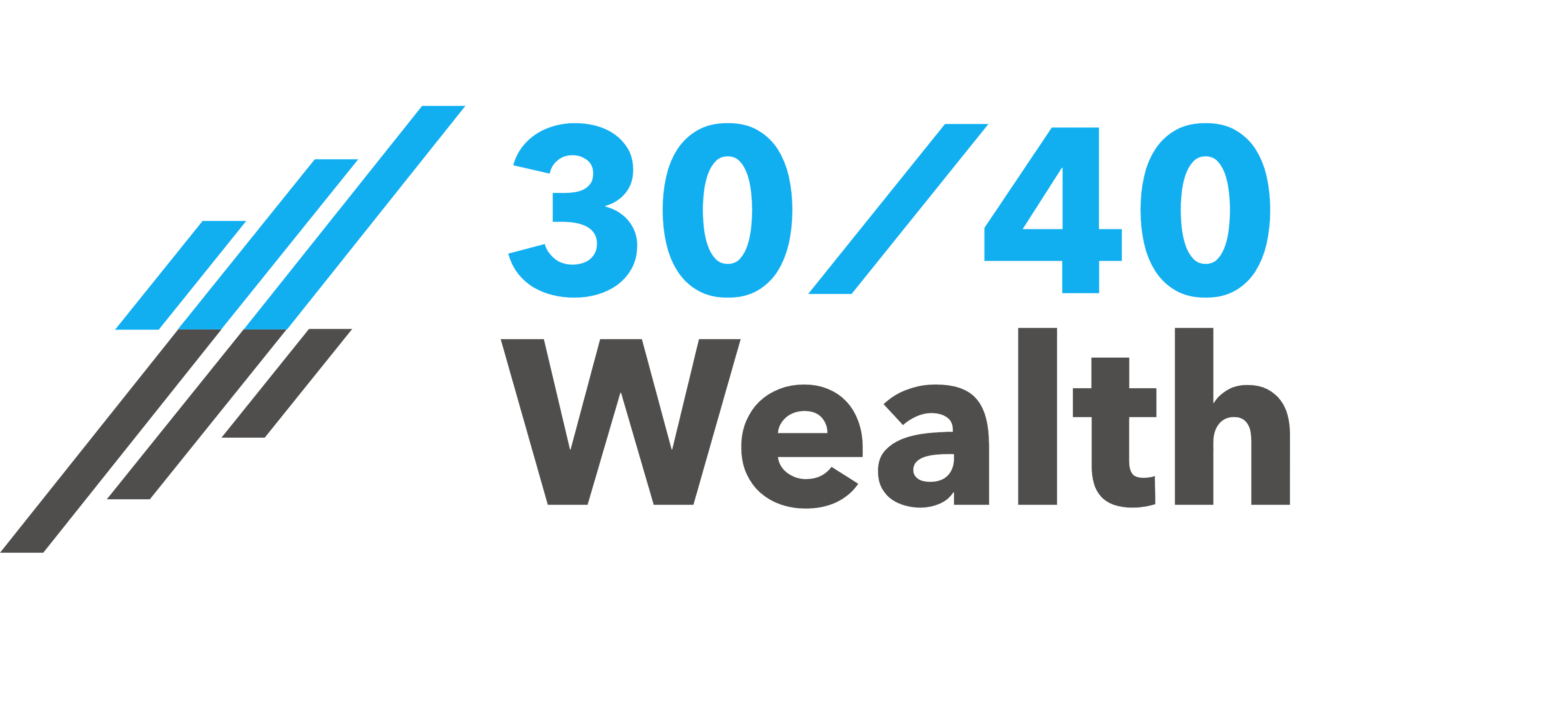The Top 3 Ways the New Tax Bill ("OBBB") Impacts Tech Workers
The One Big Beautiful Bill ("OBBB") was just passed, and a number of the items it addressed could have a material impact on tech employees and/or equity comp. We dive into the top 3 below:
(1) AMT Higher Exemption Amount Becomes Permanent
Alternative Minimum Tax (AMT) has been the biggest pain point for ISO holders. What most people didn’t realize is that the higher AMT exemption amounts from 2017 were set to expire after 2025, reverting to much lower thresholds, which would have potentially increased the out-of-pocket cost for exercising ISOs. The OBBB makes those higher exemption amounts permanent.
What this means is more room to exercise ISOs without triggering AMT. This creates more flexibility to build a multi-year strategy instead of gambling on one “perfect” year to exercise.
👇But the interaction with the new SALT deduction cap makes things a bit trickier 👇
(2) SALT Deduction Cap Increases
The OBBB increases how much state and local tax (SALT) you can deduct if you itemize. This could be helpful in high-tax states, but it creates planning challenges when AMT is also in the mix.
For 2025 - 2029:
Filers that itemize can deduct up to $40,000 (joint) or $20,000 (single)
Once your modified AGI exceeds $500,000 (joint) or $250,000 (single), the cap phases down to $10,000
In 2030, the deduction returns to the original $10,000 cap
Why this matters: SALT deductions are added back for AMT. That means:
If you’re under the AGI threshold, you get the full deduction, but increase your AMT exposure
If you’re over the threshold, you are subject to the lower deduction, but reduces AMT risk
It is important to note that your ISO income does NOT count toward your AGI, as it is only captured in AMT, which is a parallel tax system. This change only considers adjusted gross income in the standard tax system. Additionally, if you do not itemize and use the standard deduction, this change has no effect.
This creates a strange tension as a higher deduction doesn’t always = lower tax, especially if you’re also exercising ISOs.
(3) New Updates to QSBS
The OBBB includes a significant update to Qualified Small Business Stock (QSBS). These changes apply only to stock acquired on or after July 5, 2025.
What’s changing:
The 5-year holding period is replaced with a phase-in exclusion of gains:
3 years → 50% exclusion
4 years → 75% exclusion
5 years → 100% exclusion
The limit of gains that you can exclude increases. It’s now the greater of (i) $15m (up from $10 million), or (ii) 10x of the basis in your stock
The company asset limit for which stock is eligible to be classified as QSBS increases from $50 million to $75 million
This gives early employees and founders more flexibility on timing an exit, and expands eligibility to later-stage/higher asset companies that might have been excluded under the old rules.
Important caveat: This is a federal-only change. For these new benefits to apply at the state level, your state must explicitly adopt the new rules. Even with the old rules, multiple states opted not to conform, including:
California
Hawaii
New Jersey
Pennsylvania
Alabama
Massachusetts
Mississippi
Puerto Rico
Everyone else is generally aligned with the pre-OBBB federal rules, for now. This expansion is promising, but how states respond will drive the actual tax benefit at the time of an exit.
Opportunity Zones Stay In Play
While less important for tech workers than the above 3 items, changes to QOZ's may impact individuals who use them, so we detail it here as well. TLDR = the Qualified Opportunity Zone (QOZ) program becomes permanent under the OBBB. Highlights include:
Existing deferral rules still apply for gains invested by December 31, 2026
Starting in 2027:
Your tax bill on gains can be deferred for 5 years
If you achieve 5 years, you are only taxed on 90% of the amount (10% basis step-up)
If the QOZ investment you made is held for at least 10 years, there is no tax on the gains
The zone designations will now roll/change every 10 years
Why this matters: Unless you’re about to realize a large capital gain and want to reduce your tax bill, this won’t impact 95% of tech professionals.
Article Last Updated: September 9, 2025
